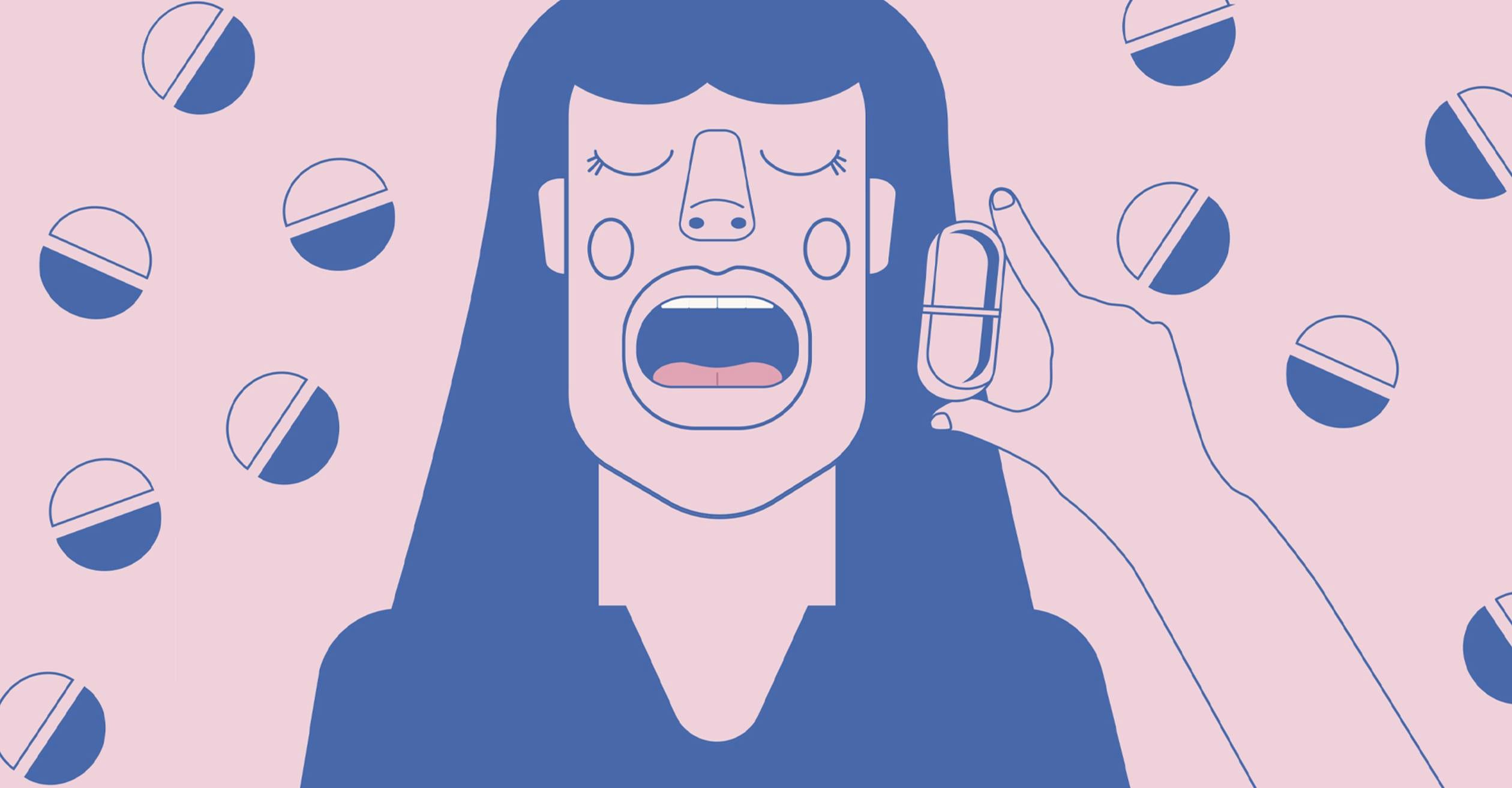Q&A
ASK Fabrizio Benedetti about the placebo and nocebo effect

ASK prominent neuroscientist and placebo expert Professor Fabrizio Benedetti how positive and negative beliefs and expectations affect health, symptoms and illness.
Q
What is the placebo effect, and why does it happen?
A
Q
What is the difference between placebo and nocebo?
A
Q
What are some clever uses of the placebo effect?
A
Q
Does everyone respond to placebos?
A
Q
Are all diseases equally placebo-responsive?
A
Q
Is healing from placebos all in your mind?
A
Q
Does more frequent dosing increase the placebo effect?
A
Q
Could the placebo effect be just regression to the mean?
A
Q
Does your research suggest that we shouldn't be rejecting complementary medicine such as homeopathy and ancient healing techniques due to their lack of scientific evidence?
A
Q
Is it attention and nurturance from a health practitioner, i.e., a healing relationship that may account for a large part of the placebo effect?
A
Q
Could some of the side-effects people are experiencing from the COVID vaccine be attributed to the nocebo effect? Are there cultural differences in vaccine side-effects dependent on what the dominant ideas about vaccines are?
A
Q
Have you looked at how much a doctor's belief about a treatment's effectiveness influences the outcome for a patient? And for example, to look out for pessimistic doctors?
A
Q
Can excessive knowledge about what can go wrong in the body harm you - in a nocebo way?
A
Q
If placebo effects cause actual change, then why have we not developed treatments based on this phenomenon rather than relying on medication that can have harmful side effects?
A
You may also like